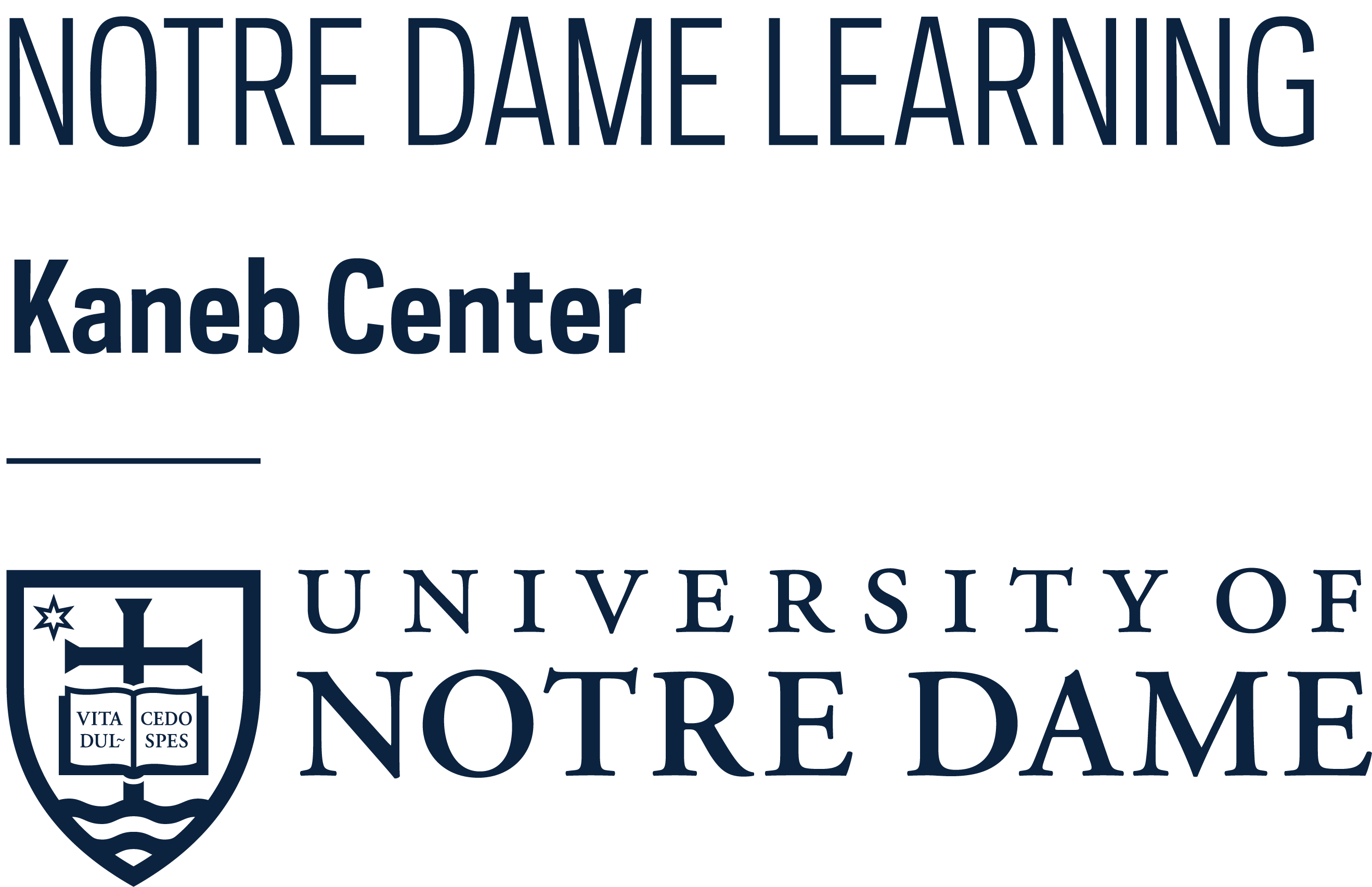A Selection of Education Research
Teaching is tough. The students change every semester along with the field and while you are filled with ideas to improve or update a class, you are unsure if the time invested is worth it. There are never enough hours in a day and it can be easy to fall back on a previous year’s assignments instead of innovating and incorporating recent research and current events. In what follows is a brief glance at two recent teaching articles covering two very different topics that may help spark some creativity in your approach to teaching and mentoring.
The Role of Emotional Competencies in Faculty-Doctoral Student Relationships
Kerry Ann O’Meara, Katrina Knudsen, and Jill Jones
Using categories from the framework developed for emotional intelligence (see Emotional Intelligence) at the 1998 Consortium for Research on Emotional Intelligence in Organizations meeting, O’Meara, Knudsen, and Jones examine the faculty-doctoral student relationship and the role that emotional competencies play in this connection. Specifically they interviewed 11 faculty members and 10 graduate students (all volunteers for the study) in an Anthropology department at an undisclosed university. The interviews were semi-structured and were used to probe the various personal competency areas displayed by the faculty members and graduate students and they specifically focused on:
- Self-awareness: emotional awareness, accurate self-assessment, and self-confidence
- Self-regulation: self-control, trustworthiness, and adaptability
- Self-motivation: achievement drive, commitment, and initiative
- Social awareness: empathy, service orientation, developing others, leveraging diversity, and political awareness
- Social skills: influence, communication, leadership, conflict management, building bonds, collaboration and cooperation
They found that the faculty members tended to display much higher levels of social awareness and skills when compared to the graduate students but that both groups displayed similar levels of self-awareness, regulation, and motivation. The researchers concluded their article suggesting that any future work may benefit by focusing on how to increase the doctoral student’s social competencies.
The Impact of Grading on the Curve: A Simulation Analysis
George Kulick and Ronald Wright
Using Monte Carlo (see Monte Carlo) techniques Kulick and Wright construct a number of testing scenarios to examine how ‘grading on the curve’ can lead to unexpected results. Kulick and Wright identify that the testing scenarios that would most likely lead to this situation are those when the distribution of the class is far from a standard normal distribution centered around a C, i.e. “…situations in which all students are highly qualified and well prepared”. They further establish their simulation methodology by setting up fictitious tests that would only include a portion of the material covered in a course, since that is a real-world reflection and a consequence of limited testing times. They then created different distributions of students centered on various “ability” levels. Each “student” would take the test and using the Monte Carlo method would have some probability of answering questions correctly or incorrectly based on their assigned ability. The higher the ability, the more likely they would answer the question correctly. Final scores would be correlated against assigned ability and while in a normally distributed class there was a strong correlation. In some of their testing scenarios, there was no correlation between ability and score. They establish that this is a simple examination of the situation and suggest that more in-depth analysis could take place and would possibly change the results, but they are confident that within their assumptions they have identified a problem with grading on the curve.
Planning ahead
If reading and discussing current research topics in higher education is interesting to you and you would want to join an education literature club that the Kaneb Center is considering starting this summer, please leave a post or send an email to jmichalk @ nd.edu or kaneb @ nd.edu so that the interest level can be judged.
Resources
O’Meara, Kerry Ann, Knudsen Katrina, and Jones, Jill (2013). “The Role of Emotional Competencies in Faculty-Doctoral Student Relationships,” The Review of Higher Education: Vol. 36: No. 3, pp 315-347
Kulick, George and Wright, Ronald (2008) “The Impact of Grading on the Curve: A Simulation Analysis,” International Journal for the Scholarship of Teaching and Learning: Vol. 2: No. 2, Article 5.
http://www.eiconsortium.org/pdf/emotional_competence_framework.pdf
http://en.wikipedia.org/wiki/Monte_Carlo_method
